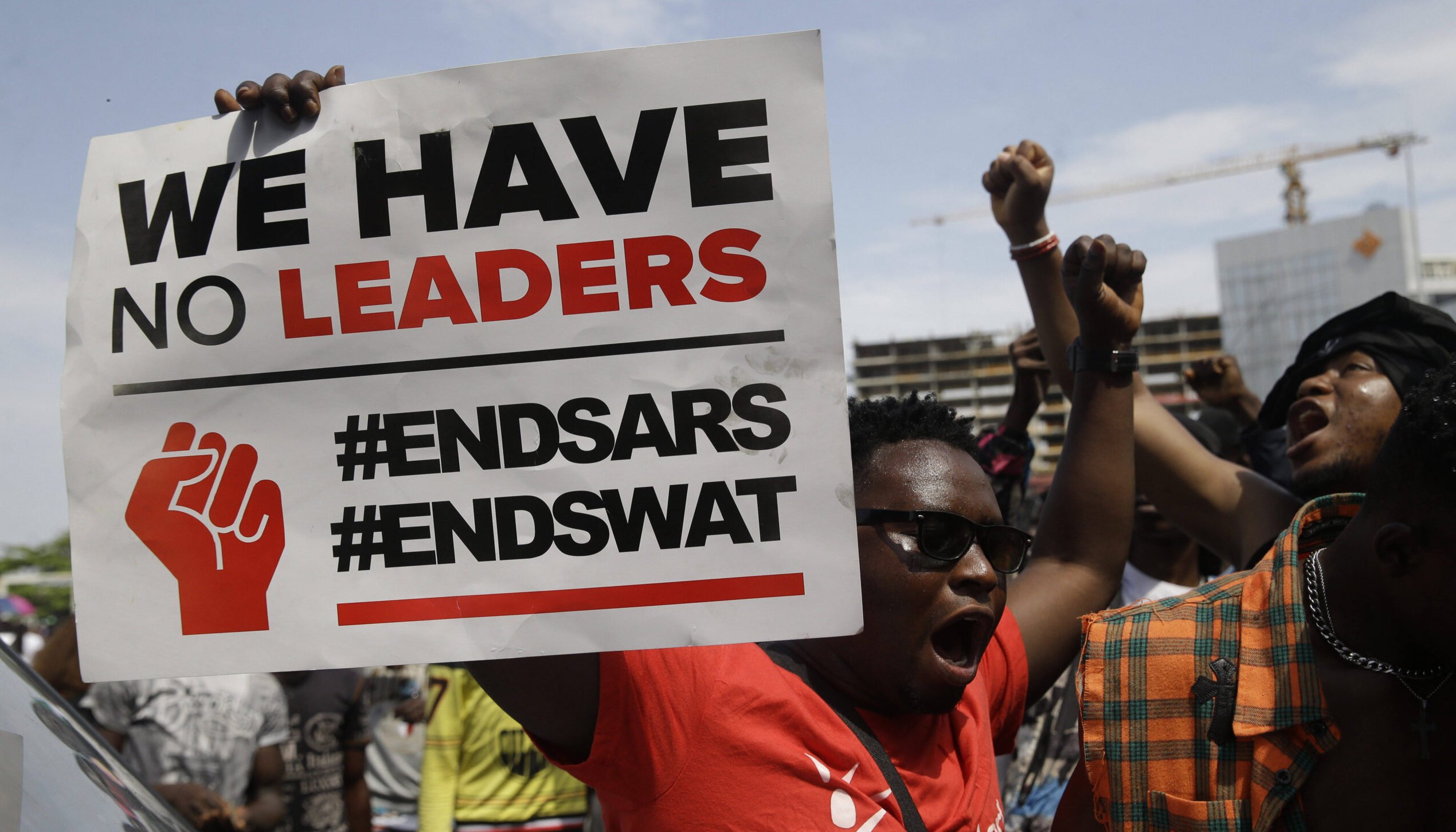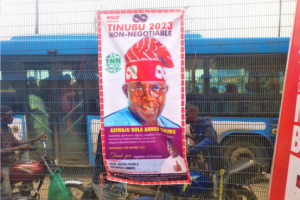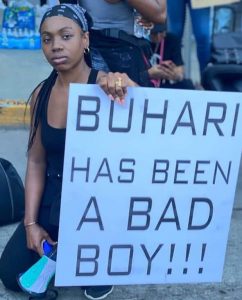Five Lessons from Nigeria’s #EndSARS Protests

On October 8, thousands of young people took to the streets of Lagos to call for the dissolution of the Special Anti-Robbery Squad (SARS), an infamous police unit accused of extortion, extra-judicial killings, rape, and torture.
Since then a lot has transpired in a series of events that would come to be known globally as the #EndSARS protests.
Here are five lessons Nigerians can take away from the events of the past few weeks.
Social Media is king
What triggered the current round of protests against SARS was a video in which members of the now-dissolved police unit were seen shooting a civilian, and later driving away in his vehicle. The video was widely circulated on social media away from the censorship that would have hindered it on government-controlled television. What followed was hundreds of people sharing their personal experiences with police brutality. Social media put a face to police violence in Nigeria, actual victims telling their stories was just a matter of time before the streets erupted in protests.
Nigerian youths are more efficient
Imagine a movement without actual leaders, only thousands of Twitter tweets and Facebook posts telling people where and when to gather. For the first two weeks, before the protests were hijacked by hoodlums food, water, and medicine were delivered nationwide to protesters with an efficiency that puts the government’s distribution of Covid-19 palliatives to shame.
Tinubu’s presidential ambition in jeopardy
The events of the past few weeks have no doubt shattered the credibility and confidence that most Nigerians have in their public servants, but one individual that seems to have emerged worse off than others is political godfather Bola Tinubu. Before the protests, there were rumors that Tinubu was already laying the groundwork of his ambition to contest the presidency in the 2023 general elections. For now, he stands accused of complacency in the shooting deaths of protesters in Lekki on October 12.

Tinubu represents a metaphor for the old guard of Nigerian politicians, most of whom will find it difficult to win popular votes moving forward.
Buhari has been a bad boy!
Muhammadu Buhari became Nigeria’s president in 2015 after defeating the then incumbent, Goodluck Jonathan in the general elections. His campaign promises centered around social change improved security, improved economy, and less corruption. So far, Buhari has struggled to deliver significantly on these promises. The #EndSARS protests might have been triggered by police brutality, but it quickly turned into a protest for better governance with most Nigerians demanding a better standard of behavior from their president.
A popular revolution is impossible in Nigeria
For most people following the #EndSARS protests from outside Nigeria, the protests might seem like a popular uprising, but in reality, it wasn’t. Thousands of protesters took to the streets in Lagos, Abuja, and several other cities in Southern parts of Nigeria to demand police reform and better governance, but others in the northern parts of the country saw things differently. In fact, at some point, pro-SARS rallies were said to have held in some northern cities. Nigeria is deeply divided along religious and ethnic lines, to some people the #EndSARS protests simply deepened that divide.

